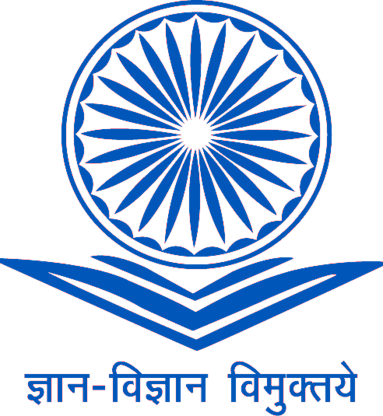A STUDY ON LABOUR LAWS: CONSTITUTIONAL AND LEGISLATIVE FRAMEWORK
Abstract
Labor laws are one of the most important institutions in modern civilization. Its emergence and expansion may be defined as one of the key innovations in the organised industry, where a large number of men, children, and women are exploited in conditions that are typically adverse to their health, safety, and welfare and to which they may be powerless to object. The purpose of this study is to discuss essential characteristic features of the Acts concerning Industrial Relations. These can be termed as a ‘Golden Trio of Industrial Relations’ and even though each of their functions is vastly different their ultimate motive is to establish industrial peace and harmony. While the terms industry, workman, industrial dispute, employer have been defined under the Industrial Disputes Act, 1947, the Industrial Employment (Standing Orders) Act, 1946 defines the need for the employer to lay down conditions for services so that it becomes easier for a workman to acclimatise in an industrial environment and case an employer fails to do the same the trade unions established under the Trade Unions Act, 1926 shall always be ready to take up the matter before an adjudicatory authority or dispute resolutory body established under the Industrial Disputes Act, 1947.
Downloads
Published
2007-2025
How to Cite
Mr.AlokShankarMudgal andDr.JayendraSinghRathore . (2023). A STUDY ON LABOUR LAWS: CONSTITUTIONAL AND LEGISLATIVE FRAMEWORK. International Journal of Economic Perspectives, 17(1), 130–142. Retrieved from https://ijeponline.com/index.php/journal/article/view/361
Issue
Section
Articles














